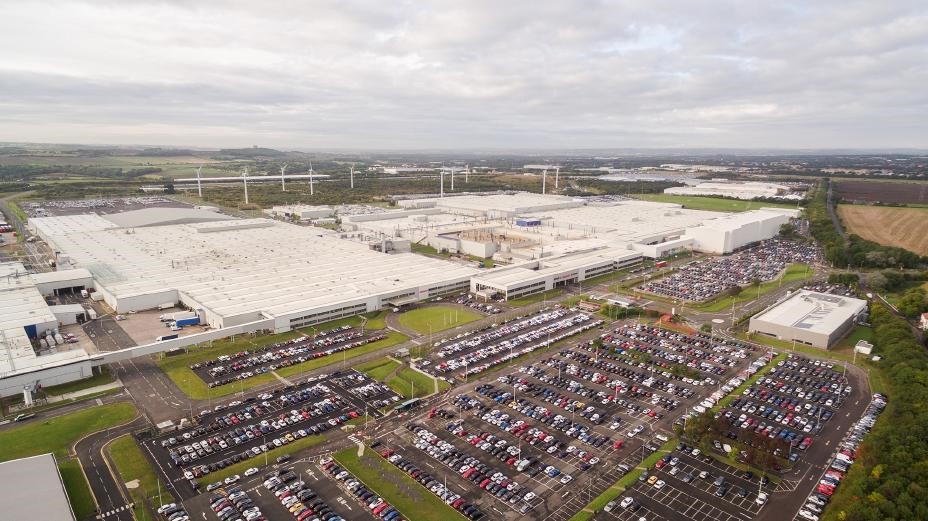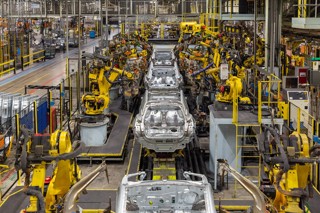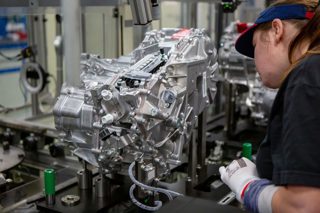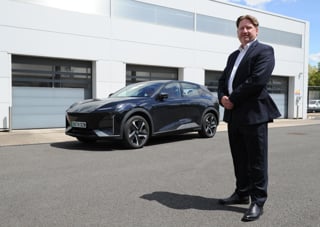Fleet decision makers have the power to influence the future of the UK’s automotive manufacturing sector, by choosing to support brands that build cars on home soil.
Nissan is the latest manufacturer to put a question mark over its continued UK production, since concluding its enhanced alliance agreement with Renault that gives it access to additional plants in Europe.
Peter Golding, managing director of FleetCheck, said: “I don’t think it is particularly desirable that we see a revival of old school ‘Buy British’ campaigns. We live in a global economy and that is generally a good thing for fleet operators.
“However, UK motor manufacturing has already lost Honda in recent years, electric MINI production has gone to Germany, and it seems Jaguar Land Rover are doing more and more overseas. Replacement investment is not necessarily forthcoming, especially when it comes to the process of electrification, such as the ups and downs surrounding BritishVolt.
“The fact is that fleets are generally completely agnostic about where a car is produced when they draw up choice lists and perhaps we need to start having a conversation about the advantages of supporting local manufacturing. If we lose Sunderland, Burnaston and Oxford, then the UK’s claim to be a major manufacturer of cars is pretty much over.
“Fleets can have a voice in whether that happens by voting with their orders and supporting manufacturers that invest in the UK such as Jaguar Land Rover, Nissan, Toyota and BMW MINI. We are not without influence and it is perhaps appropriate that we have a conversation about the future of motor manufacturing in the UK and the role we could play.”
UK car production is at its lowest level since 1956, according to new figures from the Society of Motor Manufacturers and Traders (SMMT).
Last year, the UK produced 775,014 cars, only slightly more than the 707,594 units produced in 1956 which was the toughest post-war year for British manufacturers.
As well as the growth of strong foreign competition, the country was struggling with a credit squeeze, a growing reliance on exports hit by a clampdown on car imports by major markets and labour disputes.
In 2022, the SMMT says the global shortage of semiconductors was, in part, to blame for the poor production figures.
Significant structural changes, with the loss of production at two volume manufacturing sites; and the impact of supply chain pauses in China due to Covid lockdowns, also played their part.
Golding added that the damage caused to UK motor manufacturing by both Brexit and the Covid crisis had been considerable, and further factories could disappear with surprising speed.
“It sometimes seems as though car manufacturers are a permanent feature of the economy but when Honda decided to go, the factory was closed very quickly. Similarly, those with greyer hair will remember the eventual end of MG Rover happening quite rapidly.
“To me, it would be a great shame if we were to see further losses of this kind in terms of jobs, prosperity, expertise, and the general health of industry in the UK.”




















Login to comment
Comments
No comments have been made yet.